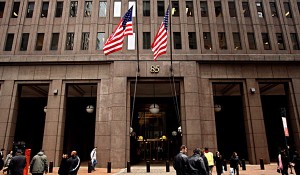A few classes ago, there was a discussion in our lecture that related to the way in which the company Tesla Motors could best advance to grow their company. A group that presented before the whole class suggested that they work on methods to cut costs and lower prices so as to make their vehicles more attainable by the general public, with the intent of selling more. However, this got me thinking. If it is Tesla’s goal to sell a brand of cars, which are both high performance and luxury, does this not develop a level of exclusivity within the brand? In other words, if Tesla’s cars become more accessible to the general public financially, to what extent do they become less exclusive and move away from the goal of the brand? This theory, of course, applies to all luxury brands with similar foundational values. The entire basis for legitimizing luxury brands is that they are exclusive, and therefore only those with the means to buy their products have access to them. Should Tesla’s goal really be to sell as many cars as possible? Or is it more in-line with their values and the basis of their company if they leave the hefty price tag, and retain the exclusivity factor of their vehicles? I would suggest the latter, begrudgingly of course, because that makes it all the more difficult for me to own a Tesla myself.
link to image: http://o.aolcdn.com/hss/storage/midas/299b849c02ea5e301c4088b5f7e2528e/200308646/01-2012-tesla-model-s-fd-1347336745.jpg

